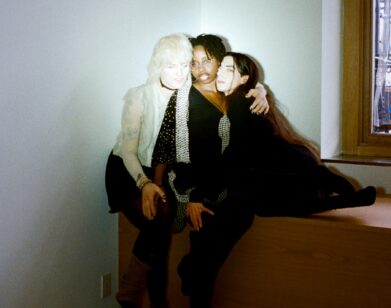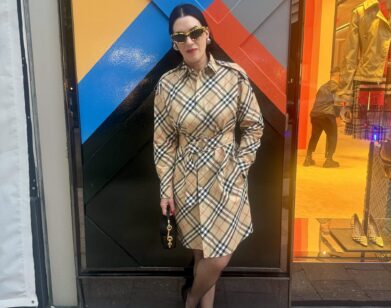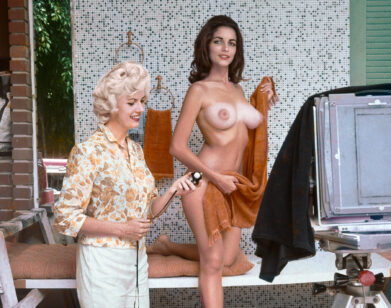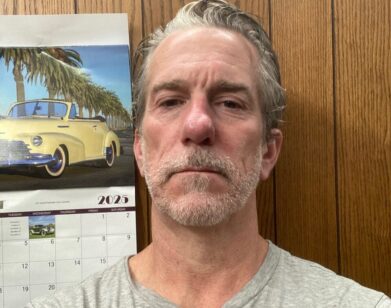Alice LaPlante’s Wives Club
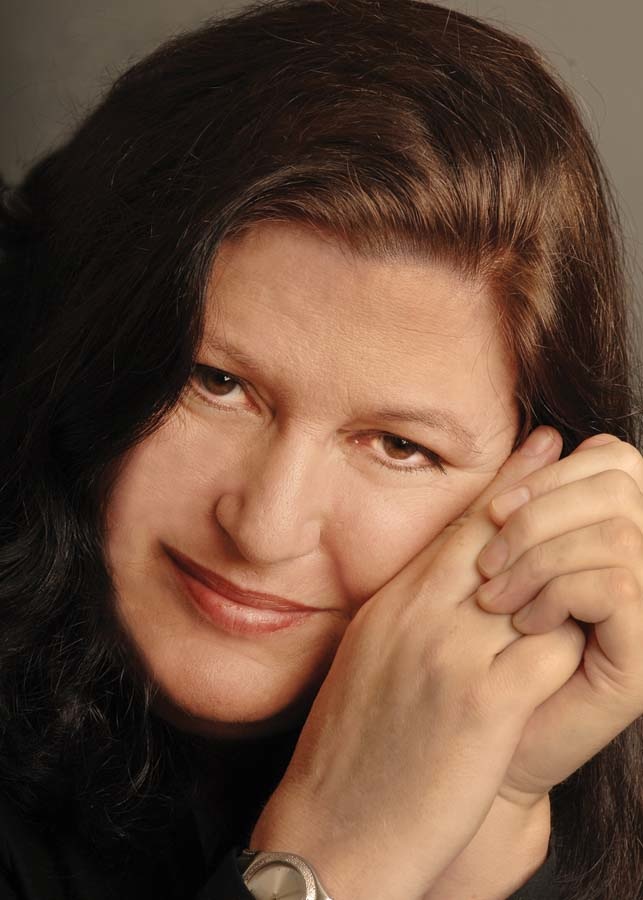
ABOVE: ALICE LAPLANTE. PHOTO COURTESY OF ANNE KNUDSEN
Love can be fraught with betrayal—and that’s just the beginning. In Alice LaPlante’s latest novel A Circle Of Wives (Atlantic), loving too much literally gets Dr. John Taylor killed. When Taylor’s body is discovered in a hotel room in Palo Alto, it is the first shocking crime Detective Samantha Adams has ever had to unravel. It doesn’t help that in addition to his long-term wife, two other women married to Dr. Taylor show up at his funeral. As Samantha uncovers Dr. Taylor’s secret lives, she becomes increasingly obsessed not only with solving the case, but with the women he loved, and her own dissatisfaction with her boyfriend. LaPlante has written a suspenseful, thrilling read but also one that explores the complications of human relationships with grace and understanding. In her darkly funny, lushly drawn mystery, LaPlante offers readers her own revelations about love, loss, and the complicated compulsions that draw us together. We spoke with LaPlante about how well we can know the people we love, how secrets can free us, why passion is not always perfect, loss, and how to heal after betrayal.
ROYAL YOUNG: How well can we really know the people we love?
ALICE LAPLANTE: I think we can’t. We’re always going to be surprised, and surprise is a good thing.
YOUNG: It can be.
LAPLANTE: Yeah, it can be. Obviously, for the characters in my book, it is not a good thing.
YOUNG: It’s not a good thing for all of them, but sometimes it comes with a sense of relief. In general, when we find out shocking things, they can free us.
LAPLANTE: That’s interesting—free us in what way?
YOUNG: Often in relationships, especially very close ones, you can expect them to fail or [expect] the worst surprise, when in fact facing the hard truth about someone you’re in love with can be relieving.
LAPLANTE: Yeah, on some level you know when something is wrong, not right; and so hearing the truth can be a relief, because it justifies those feelings you couldn’t quite put your finger on.
YOUNG: One of things I loved about the book is how John and investigating his relationships illuminates Sam’s relationship. How often do you think studying the relationships around us inform our own?
LAPLANTE: Oh, all the time. In many cases, seeing something in another relationship may help us face the things we don’t want to face if we look directly at our own. It’s like looking in a mirror, if you’re honest with yourself.
YOUNG: Is that a good thing?
LAPLANTE: With Sam, part of me thinks she made the wrong decision by pushing her loved one away. He was a good guy, and her hankering after the relationships John had with his wives in a way is not healthy. She was looking at a specific aspect of their relationships that attracted her, but I don’t know that she made the right decision for her life.
YOUNG: As a society, we seem to obsessed with these ill-fated, dramatic, secretive, passionate loves, though they don’t always end in murder. [laughs]
LAPLANTE: [laughs]
YOUNG: But the relationships that are more real life, where you have to put in hard work and make compromises, we downplay how important those can be.
LAPLANTE: I agree. I was just talking to my daughter, who is 18, about relationships, and she had her first boyfriend. I’ve been in a long-term relationship with my partner for, oh gosh, probably about 14 years now. What I told my daughter was we’re almost programmed by media and everything to think relationships are hard and they have to be full of emotion and drama. But really when you find the right person, they become easier. There’s nothing wrong with an easy relationship. She was worried that her relationship was too easy. [laughs]
YOUNG: [laughs] What a fear.
LAPLANTE: Well, she’s a teenager.
YOUNG: Absolutely. My first serious girlfriend was long-distance, and I remember having a conversation where both of us passionately agreed, “Love is so much better when there are obstacles.” Of course the obstacles ended up ruining our relationship.
LAPLANTE: Yeah, I think it is perpetrated by the media that passionate relationships are the way to go, when there’s a lot to be said for just plain happy.
YOUNG: A line in your book really stood out to me about how just because someone dies, doesn’t mean you stop having a relationship with them.
LAPLANTE: That’s something I’ve been thinking about, because my mother died recently. My first book was inspired by my mother, who had Alzheimer’s. In a way, as time goes on, my relationship with my mother is going back to an earlier time rather than when she died and was incapable of communicating or doing anything really. So in my mind, my relationship with my mother has rolled back several years to a better time, in that way it’s continued to evolve. Our relationships with people we love who have died continue to grow because we continue to grow; we understand them better and the things that have happened between us.
YOUNG: What about when you lose someone but not through death? Mourning the end of a love, the break-up of a romance.
LAPLANTE: For me, that’s almost tougher, because you know they’ve gone on and are living their lives, yet you have no access to it. They become frozen in place and a particular time. In my next book I write about a girl who is estranged from her family and then goes back. That can be so difficult because you’re frozen in their minds and they want to see you in a certain way even though you’ve evolved. That’s when things get problematic.
YOUNG: Definitely, and that happens with old friends too. The best ones evolve with you, but sometimes you’ll always be the kid who copied their math homework in fifth grade, that’s when relationships become stagnant and end up withering.
LAPLANTE: Exactly.
YOUNG: You have another quote about being angry at the right person at the right time to the right degree. I love that because so often we’re angry at the wrong person at the wrong time for the wrong reasons.
LAPLANTE: Yeah, we all carry so much baggage with us, and unless we’re very self-aware we tend to hang it on the wrong people or those closest to us. Hopefully as you get older, you do less of that. But it’s tough, this whole projection thing that Freud talks about. You’re just hanging things on people who don’t deserve them. Anger can ruin relationships so badly. In my experience, inappropriate anger has been the worst killer.
YOUNG: Often we’re angriest at ourselves; but that is so hard to face, so we turn it on those closest to us. But how can relationships and love ultimately be healing?
LAPLANTE: Helen, in the book, thrives on what happens. Just having John in her life was a huge gift. It almost doesn’t matter to her that he betrayed her or died even, because he brought this love to her that she didn’t know she was capable of.
YOUNG: So even if there is betrayal or loss, it’s about growing as a person. Even my worst break-ups, the first six months can be hell, but then I think: I did love this person so what did I learn from them? Even if it ended badly.
LAPLANTE: Exactly, love can be a wonderful gift abstracted from hurt. Once the hurt is gone, the love can still remain.
A CIRCLE OF WIVES IS OUT NOW.



